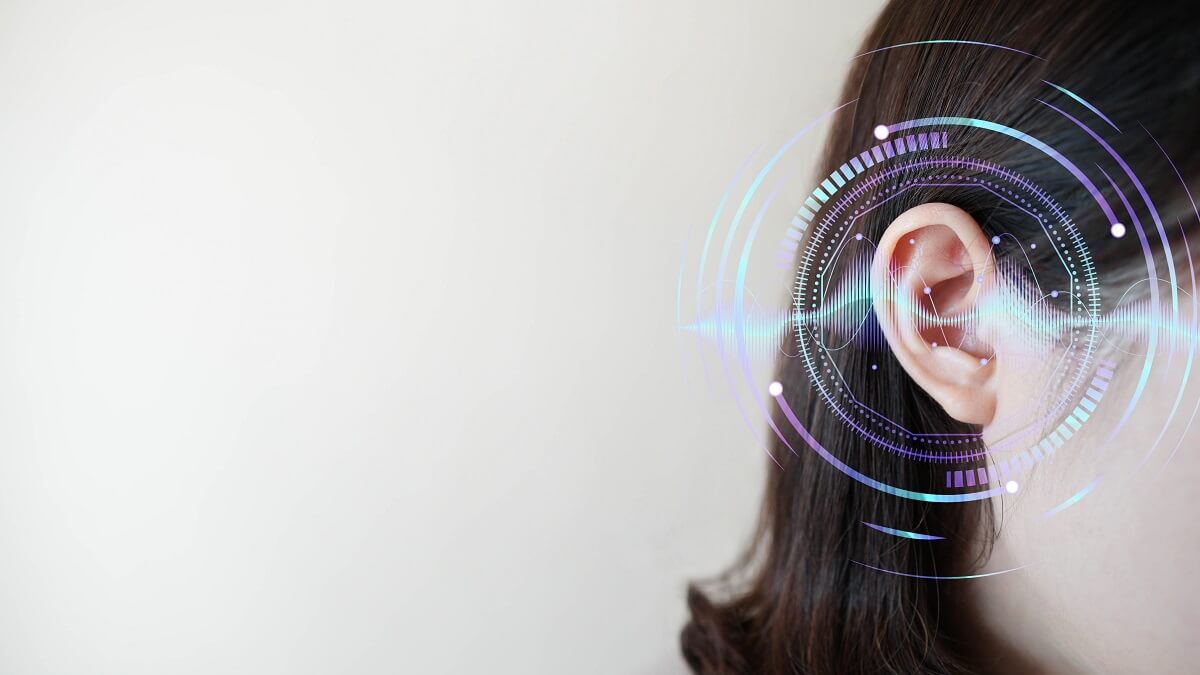Hearing aids may be about to make a giant leap forward, thanks to researchers at Macquarie University and artificial intelligence (AI) technology provided by tech giant Google.
As reported in Macquarie’s online research news magazine The Lighthouse, researchers will partner with Google in an effort to solve one of the long-standing problems that has plagued hearing aid technology – the inability to differentiate between the ‘right’ sounds and others in a noisy environment.
Academic director of Macquarie University Hearing Professor David McAlpine explains the issue many older people face as their hearing begins to deteriorate: “In normal hearing, the brain is using its 30,000 neural connections from the ear to sift through the sounds we’re hearing, helping us focus on the those we want to concentrate on – the classic ‘cocktail party problem’.”
Popular plans right now
Having that many neural connections provides a big advantage over currently available hearing aid technology, but AI could help bridge that gap, says Prof. McAlpine.
The ultimate aim of the technology would be to map the brain of each individual requiring assistance, and tailor a device specific to their needs.
“An automated process based on an individual’s listening performance – beyond the relatively simple audiogram that is the current clinical tool for fitting hearing aids – would reduce the number of return visits and the amount of tweaking required when someone gets a new device,” Prof. McAlpine says.
“Ideally, we want to map the performance of a hearing-impaired individual’s inner ear and listening brain, compare this to a model of normal hearing, and use this information to optimise the settings of their device, thereby restoring their hearing to normal or near-normal performance.”
Each individual’s map could be saved and transferred to a new device when necessary, says Prof. McAlpine. “This mapping would be dynamic, adapting to the environment, and reducing the need to adjust to new hearing devices, as the profile would be transferable.”
He believes that the AI technology could be used for other hearing-related conditions in addition to hearing loss. The approach could be used to treat all sorts of hearing disorders such as tinnitus (ringing in the ears) and hyperacusis (extreme sensitivity to sound).
In its efforts to achieve what some might call the ‘holy grail’ of hearing aid technology, Macquarie’s collaboration with Google will extend to include Cochlear, National Acoustic Laboratories, NextSense and the Shepherd Centre.
Those who stand to benefit from the new AI hearing technology, upon learning of this potential advance, could appropriately respond to the news with: “Good to hear.”
Do you use a hearing aid? How effective is it? Would the new technology be of interest when it becomes available? Why not share your thoughts in the comments section below?
Also read: Most Australians have some form of hearing loss, survey finds


I’m 81 and my hearing has deteriorated considerably over the last 15 years. I have to wear two hearing aids. Although they are good they aren’t brilliant at times. The one-to-one conversation is very good. But put me in a crowded restaurant, I might as well stay home. The hearing aids can’t block out background noise to enable me to have a conversation with those around me at the same table. Consequently now, I don’t go to these sorts of functions as it is too embarrassing trying to converse with others.
The same situation occurs while watching television and music is being played in the background as people are talking. Why do some TV programs have endless background music during conversations? It is so annoying as I lose very quickly the important conversations of the movie or TV production. I spend half the night asking my wife what are the actors saying
I would certainly welcome the introduction of A1 to help people like myself who suffer badly from hearing impairment.
I would willingly participate in any A1 hearing experimentation if required.